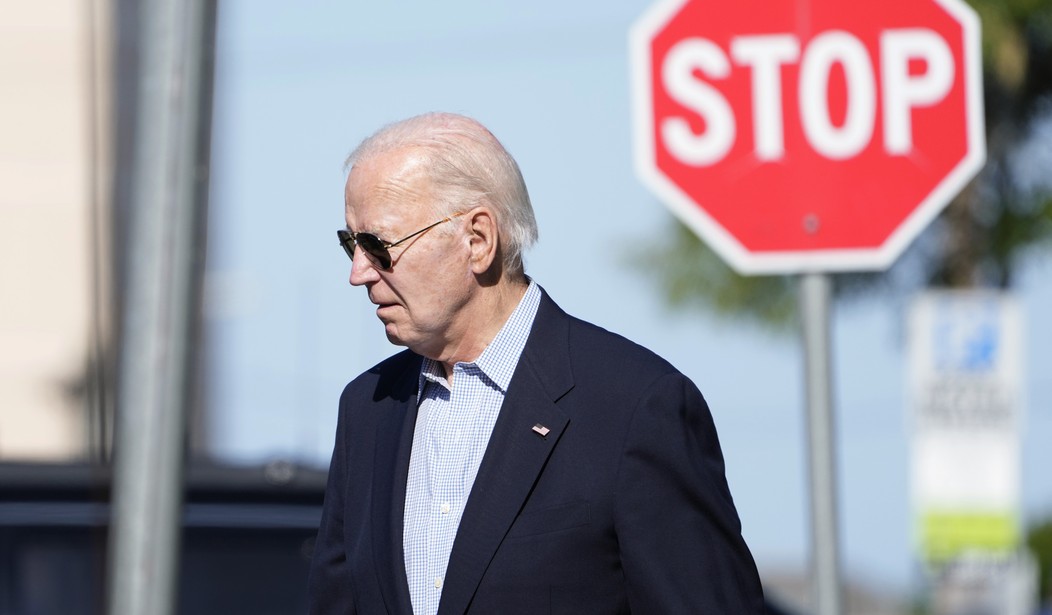Three years ago, Biden rolled out the Broadband Equity Access and Deployment (BEAD), allocating $42.5 billion to bring high-speed internet access to rural America. And not a single home has been connected to the network. It’s a hodgepodge of government bureaucracy, red tape, and other aspects of Washington that perfectly illustrates why this is a classic tale of government action (via Washington Times):
Government in a sentence. https://t.co/NKwBUFspTt
— Andrew Clark (@AndrewHClark) June 19, 2024
Residents in rural America are eager to access high-speed internet under a $42.5 billion federal modernization program, but not a single home or business has been connected to new broadband networks nearly three years after President Biden signed the funding into law, and no project will break ground until sometime next year.
Lawmakers and internet companies blame the slow rollout on burdensome requirements for obtaining the funds, including climate change mandates, preferences for hiring union workers and the requirement that eligible companies prioritize the employment of “justice-impacted” people with criminal records to install broadband equipment.
[…]
The slow pace of funding allocation and compliance will push the project start dates for modernizing rural internet access to 2025 and 2026, according to a timeline officials outlined in a House budget hearing.
Federal Communications Commissioner Brendan Carr said the program’s goal of providing high-speed internet to most underserved areas will not be fully realized until 2030, nine years after its enactment.
Rural areas have been waiting a long time for broadband service. Many rely on slow internet that travels over copper lines and are unable to transmit large amounts of data. Some areas have no internet at all.
Recommended
Now, there will always be someone in the DC orbit who will say that all is well, like Alan Davidson, head of the Commerce Department’s National Telecommunications and Information Administration, who said the pace of BEAD is fine. The Washington Times added that Mr. Davidson even told Congress that this program would remain in the planning and development phase for at least two years. Nothing will be shovel-ready until 2025-2026. Still, US Senators have wondered about all the extraneous provisions in the law regarding the funding requirements:
- Preference for hiring union workers, who are scarce in some rural areas.
- Requiring providers to prioritize “certain segments of the workforce, such as individuals with past criminal records,” when building broadband networks.
- Requiring eligible entities to “account not only for current [climate-related] risks but also for how the frequency, severity, and nature of these extreme events may plausibly evolve as our climate continues to change over the coming decades.”
Lawmakers also protested provisions in the BEAD program giving preference to government-owned networks, which critics say put taxpayers at risk and have sustained financial losses around the country.
“Time and time again, such networks have squandered public dollars and left taxpayers holding the bag,” the National Taxpayers Union said in a letter to Sen. John Thune, South Dakota Republican.
And yes, there’s DEI nonsense in a bill trying to boost internet access for the rural poor. It’s no wonder why Biden isn’t touting this on this already thin sheet of legislative accomplishments. It’s in purgatory. Does anything in Biden’s America work? Planes are nearly crashing in airports nationwide; trains are derailing, there are no EV charging stations, and now no Internet.
https://t.co/pGRHbQlrHT pic.twitter.com/U1kMpD9eHk
— Matt Whitlock (@mattdizwhitlock) June 19, 2024

























Join the conversation as a VIP Member